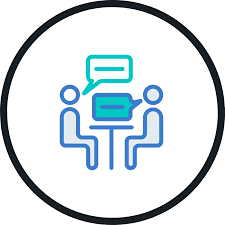Quantitative
Quantitative market research is numerically oriented, requires significant attention to the measurement of market phenomena and often involves statistical analysis.
1.Face-to-Face Interviewing:
Either in the form of
– Street and Mall- Intercepts
– Door-to-Door Interviews
2.Central Location Tests (logo testing, concept use tests):
A Central Location Test (CLT) is one in which the research is conducted in a location such as a room in a shopping mall. Here, consumers would be recruited to participate in a research product at the mall and the research would be conducted and completed at that time
3.Mystery Shopping:
Our team of trained nationwide mystery shoppers visit retail stores, restaurants, bank branches or any such location with the objective of measuring the quality of customer experience.
Computer Assisted Telephonic Interviewing (CATI):
With our state of the art call centre IRF has experience and capacity of conducting high quality computer assisted telephonic interviews through its specialized CATI system.
5. Online surveys:
RF has the capacity to conduct nationwide online surveys including development of online survey forms to data collection and reporting
6. Postal and Self-Completion Market Research:
IRF also has history of conducting postal and self completion based market researches throughout Pakistan.
7. Omnibus Market Research Surveys:
IRF also has capacity of conducting omnibus surveys where data on a wide variety of subjects is collected during the same interview. IRF generally uses a stratified sample conducted either by mail, telephone, or Internet.





